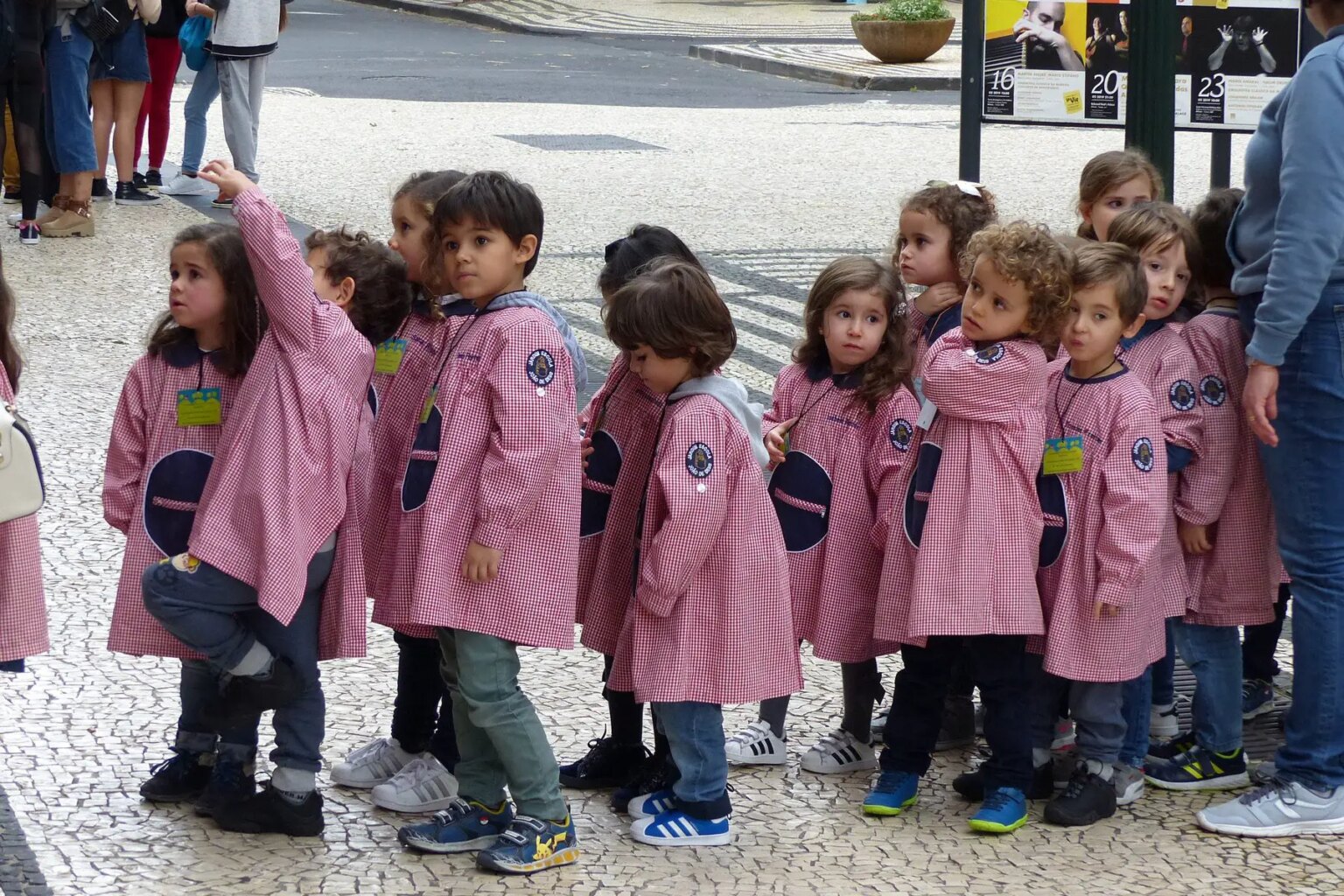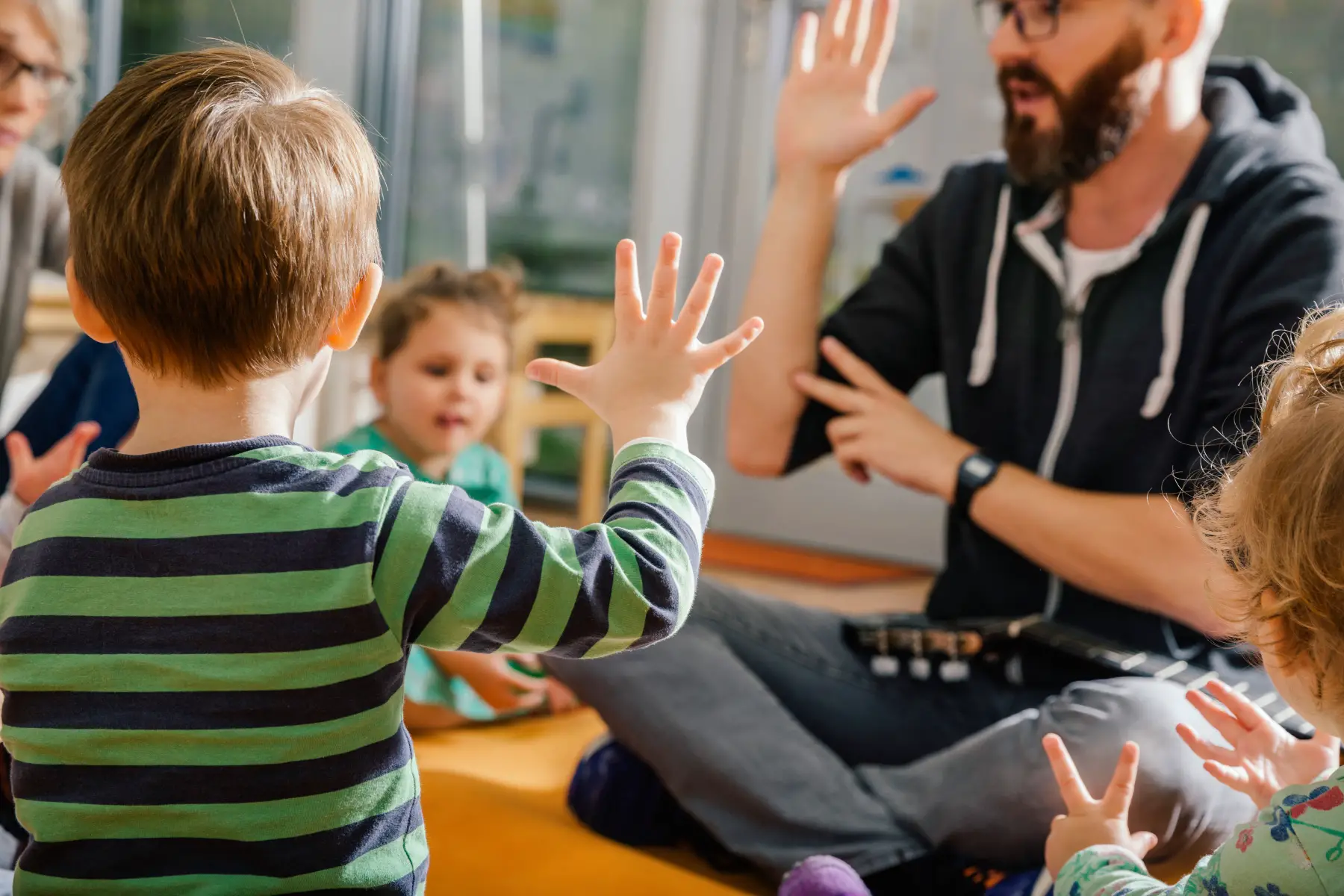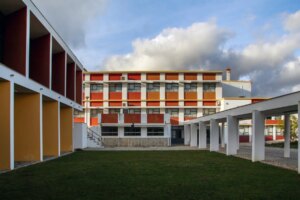Learning how to navigate a country’s education system can be challenging for many expat parents. Depending on your child’s age, education in Portugal can follow different paths. They can study at a private or international school, a free state school, or join a vocational course that is adapted to a specific career.
If you’re feeling a bit lost, this article will help you understand every step of the process. From childcare for your little ones to secondary school options, we’ll discuss the following:
- Education in Portugal
- Preschool education in Portugal
- Primary education in Portugal
- Secondary education in Portugal
- The International Baccalaureate (IB) in Portugal
- Graduating in Portugal
- Financial aid and scholarships in Portugal
- Educational support for expat students in Portugal
- Support for children with special educational needs (SEN)
- Changing schools in Portugal
- Chances for parental involvement in schooling in Portugal
- Homeschooling in Portugal
- Useful resources
Cigna Global
Enjoy peace of mind for your family while living in Portugal with Cigna Global’s long-term international health insurance plans (12+ months). Get tailored coverage, direct billing with many providers, complex case management, and global care on demand, with access to a network of 1.5+ million doctors, specialists, and pediatricians.
Education in Portugal
The Ministry of Education (Direção-Geral da Educação – DGE) regulates the education system in Portugal, starting from pre-school up until secondary school. School groups (agrupamentos escolares) also work closely with local municipalities to assign funding and define the curriculum. The Ministry of Science, Technology, and Higher Education (Ministério da Ciência, Tecnologia e Ensino Superior – MCTES) oversees policies and budgets for tertiary education in the country.
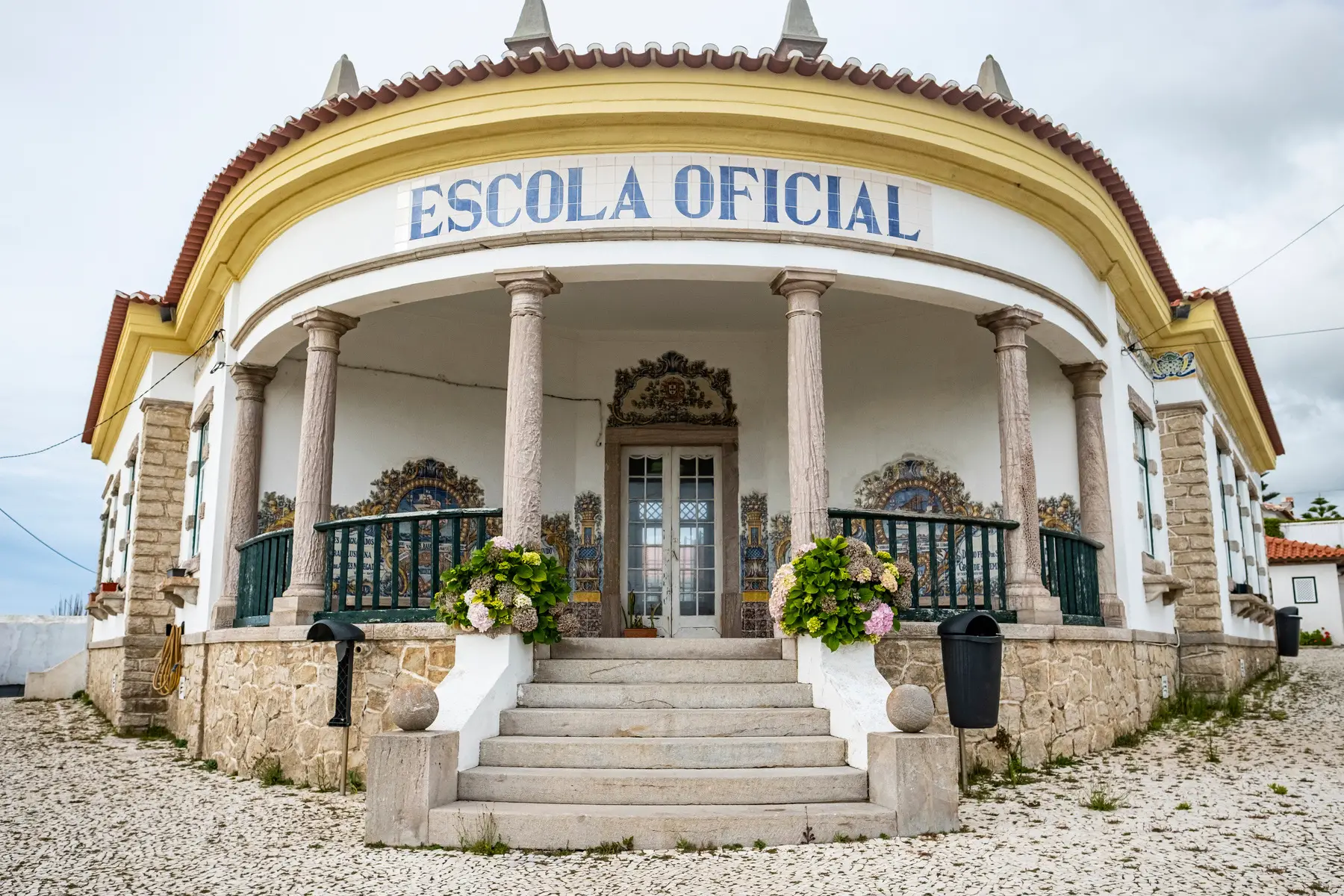
While Portugal offers a mix of state and private schools, most Portuguese families send their children to state schools because they are free and local. Many parents also enroll their children before the age of six, which is when mandatory education begins. However, private institutions have other benefits. For example, international schools cater primarily to expats and offer various curriculums from around the world. As a result, lessons can be taught in your child’s native language.
Despite the fact that Portugal has historically had a high illiteracy rate, the country’s current level of education is actually relatively good. For instance, students performed above average on the 2018 PISA tests, which cover reading, mathematics, and science. Furthermore, 92% of children attended pre-school in Portugal in 2019, which is higher than the OECD average of 88%.
The structure of education in Portugal
The education system in Portugal consists of four stages, as follows:
- Pre-school education (Educação Pré-escolar): ages 3 to 6
- Primary education (Ensino Básico): ages 6 to 15
- Secondary education (Ensino Secundário): ages 15 to 18
- Higher education (Ensino Superior): ages 18 and above
School is mandatory from the ages of 6 to 18. After that, students can proceed to university or apply for a job.
Sadly, many immigrant children can feel segregated in schools. This is either due to the way that the class structure is organized (i.e. separating students that had to repeat a year) or by varying test results. As a result, many migrant children achieve lower grades in exams. However, new national reforms are creating an opportunity for students to have extra language and teaching support to improve their learning outcomes.
Preschool education in Portugal
The Ministry of Labor, Solidarity, and Social Security (Ministério do Trabalho, Solidariedade e Segurança Social) governs Portugal’s childcare services under the age of three. However, early childcare institutions are mainly privatized. Parents can choose between kindergartens (creches) or childminders (amas) who come to their homes.
Children between the ages of three and six can attend preschool, and while this is not mandatory, many working parents choose this option. There are public and private preschools available in Portugal, and some charities and social institutions also offer childcare. Preschool education (Educação Pré-escolar) is free for 25 hours a week from the age of three. However, private pre-schools, including international schools, Montessori, and Waldorf institutions, charge tuition fees.
Primary education in Portugal
The primary school system in Portugal
The Ministry of Education manages all policies regarding state schooling at the primary stage. Primary education (Ensino Básico) is compulsory in Portugal from the age of 6 to 15.
These schools are known as escolas básicas and include three cycles:
- First cycle (primeiro ciclo or 1º ciclo): Grades 1 to 4
- Second cycle (segundo ciclo or 2º ciclo): Grades 5 to 6
- Third cycle (terceiro ciclo or 3º ciclo): Grades 7 to 9
Public primary schools in Portugal
Because public education is free in Portugal, most locals choose this option. Indeed, caregivers only need to cover a few costs such as books, school meals, and the occasional field trip.

Overall, the quality of public education in Portugal is good. That said, international children might struggle if they don’t speak Portuguese, which is the instruction language. But if a child’s parents decide to stay longer in the country, then learning the language early may benefit them.
The national curriculum is similar for all public schools across the country. Pupils study Portuguese, mathematics, science, history, geography, and English which is a mandatory subject. This may be why Portugal has become one of the top 10 English-speaking countries in Europe. Additionally, from Grade 7, students can choose to study another foreign language, which is usually French or Spanish.
It is important to be aware that you must choose a school that is close to your residence or place of work. Furthermore, when applying, you will need to show proof of your address. There can also be waiting lists, especially for popular public schools, so it’s best to register early.
Private primary schools in Portugal
In 2020, only 12.5% of students attended private primary schools in Portugal. However, international schools, which fall under this category, are often a good fit for expat children. This is because they allow students to study in their native language and interact with other children from across the globe. It also gives them continuity in their education if they relocate to another country or return home.
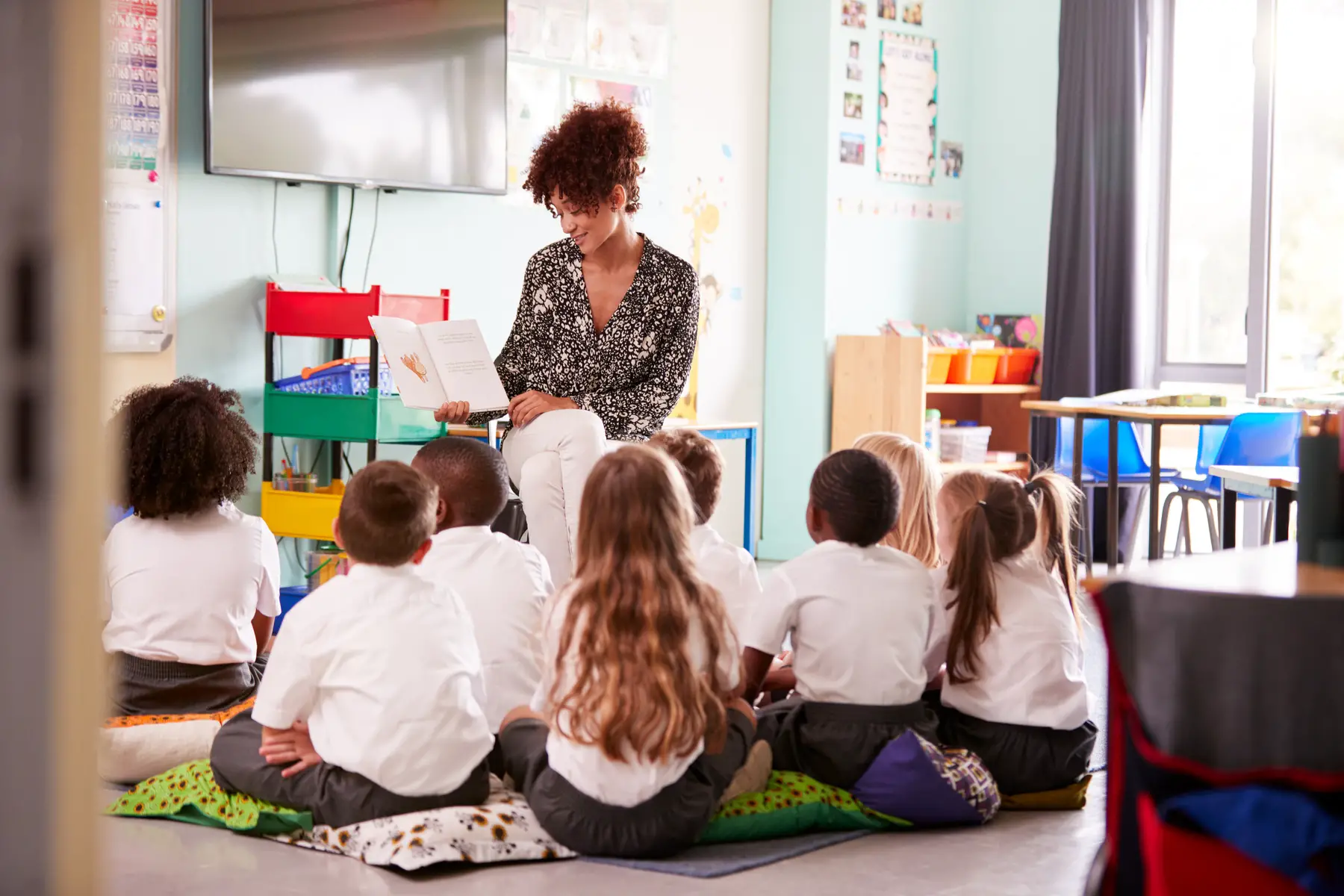
Religious and method schools, such as Montessori and Steiner-Waldorf, are independent in Portugal, and fees usually start at around €4,000 a year. However, apart from the international alternatives, most of these schools only teach in Portuguese.
Secondary education in Portugal
The secondary school system in Portugal
Once they have completed primary education, students must apply to a secondary school in Portugal. These are known as escolas secundárias and are mandatory for 15 to 18-year-olds. The Ministry of Education (Ministério da Educação) is responsible for overseeing secondary education in the country.
Secondary education lasts for three years and includes Grades 10, 11, and 12. When enrolling in secondary school, students can choose several stream options that suit their interests or career objectives. While some courses focus on further academic pursuits (i.e. preparing students for university), others are tied directly to work placements. Additionally, many schools set aptitude tests and provide guidance at the end of primary school to help students choose the most appropriate track.
Public secondary schools in Portugal
Public secondary education (Ensino Secundário) is free in Portugal, and the quality is generally good. Students must study core subjects, such as Portuguese, philosophy, physical education (PE), and a foreign language. However, the rest of the curriculum will depend on their chosen stream.
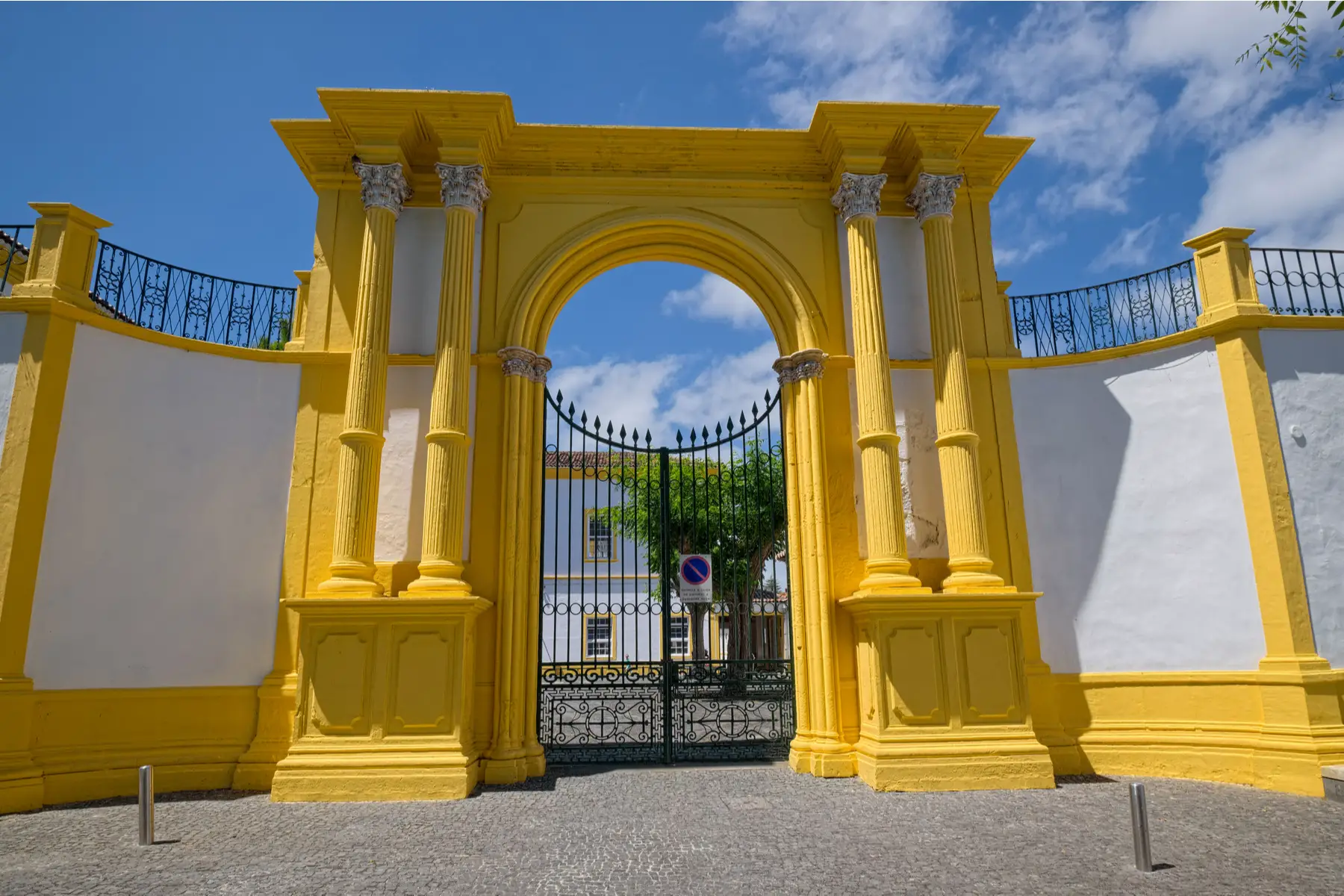
As such, students can choose between vocational (Cursos Profissionais) or science-humanities streams (Cursos Científico-Humanísticos). Those following the Cursos Profissionais study to achieve trade qualifications, gaining direct access to careers in fields such as IT, design, or hospitality. Meanwhile, Cursos Científico-Humanísticos streams are more academic and include subjects like visual arts, sciences, and humanities. Students looking to pursue a career in a creative field can also choose a third option and take a specialized artistic course (Cursos Artísticos Especializados).
Private secondary schools in Portugal
In Portugal, you can choose between different types of private schools, including religious, international, and boarding options.
Religious schools
Most private secondary schools in Portugal are Catholic institutions. Alongside the core curriculum, pupils also study religious subjects. Many parents choose these schools because they perform better in the annual exams (in Portuguese) and offer a wider range of extramural activities. Some schools also teach in English and students can graduate with the International Baccalaureate (IB) diploma. School fees can range between €2,500 and €10,000 a year.
International schools
Expats living in Portugal often prefer the multicultural environment that an international school can provide. Parents can choose between British, American, French, and German schools, which is ideal if they prefer their child to learn in their home language or be familiar with the curriculum.
Fortunately, international schools fees are relatively affordable in Portugal and start at around €5,000 a year.
Boarding schools
There are only a few boarding schools in Portugal and these are mostly located around Lisbon and the Algarve. Before applying, it is advisable to visit the school to explore the facilities and get a feel for the program. Tuition fees are typically around €30,000 a year.
The International Baccalaureate (IB) in Portugal
Students can graduate from secondary school with the International Baccalaureate (IB). Globally, universities recognize this qualification. The course is designed to develop children’s creativity and sense of community. The IB Diploma is available at 14 schools in Portugal, which include international schools and a few private Portuguese institutions.
Graduating in Portugal
Students following the national curriculum must pass all their subjects to graduate from secondary school. Written assessments, class participation, and homework all count towards the final grade. They must also take three mandatory exams: two at the end of Grade 11 and one at the end of Grade 12. Students studying vocational courses, on the other hand, don’t need to sit these final exams to graduate. However, if they want to apply to a university, they will need to take them.
Financial aid and scholarships in Portugal
Children from low-income families can apply for government support in Portugal. Parents can request financial aid, which is known as Ação Social Escolar (ASE), through their school. They can also apply for a family allowance (abono de família).

Financial support is further available for children with disabilities, and families can receive at least one of the following subsidies:
- Disability bonus (Bonificação do abono de família para crianças e jovens com deficiência)
- Special schooling subsidy (Subsídio de educação especial)
- Support for assistance by a third person (Subsídio por assistência de 3ª pessoa)
These schemes help cover the costs of education, therapy, and special carers. You can claim any of these benefits through the Portuguese social security system (Segurança Social).
Students attending private or international schools may apply for grants to help cover their tuition fees. Parents should contact the school directly for specific details about scholarships.
Educational support for expat students in Portugal
International children who don’t yet speak Portuguese may find attending a local school overwhelming. However, many state schools offer language support classes. Students can also take the final Portuguese exams adapted for non-native speakers.
Unfortunately, not every school has the means to provide this support, especially in rural communities. Therefore, it is a good idea to check the resources available for international learners before enrolling your child in a state school. Alternatively, you might want to consider schools that offer bilingual programs.
You can contact the High Commission for Migration (Alto Comissariado para as Migrações – ACM) with any education-related questions. They aim to help migrant families integrate into Portuguese society.
Support for children with special educational needs (SEN)
Portugal wants to create an inclusive educational system (educação inclusiva). As a result, most mainstream schools offer special educational needs (SEN) programs. Moreover, the Ministry of Education has issued a list of state schools (in Portuguese) that actively promote inclusion.
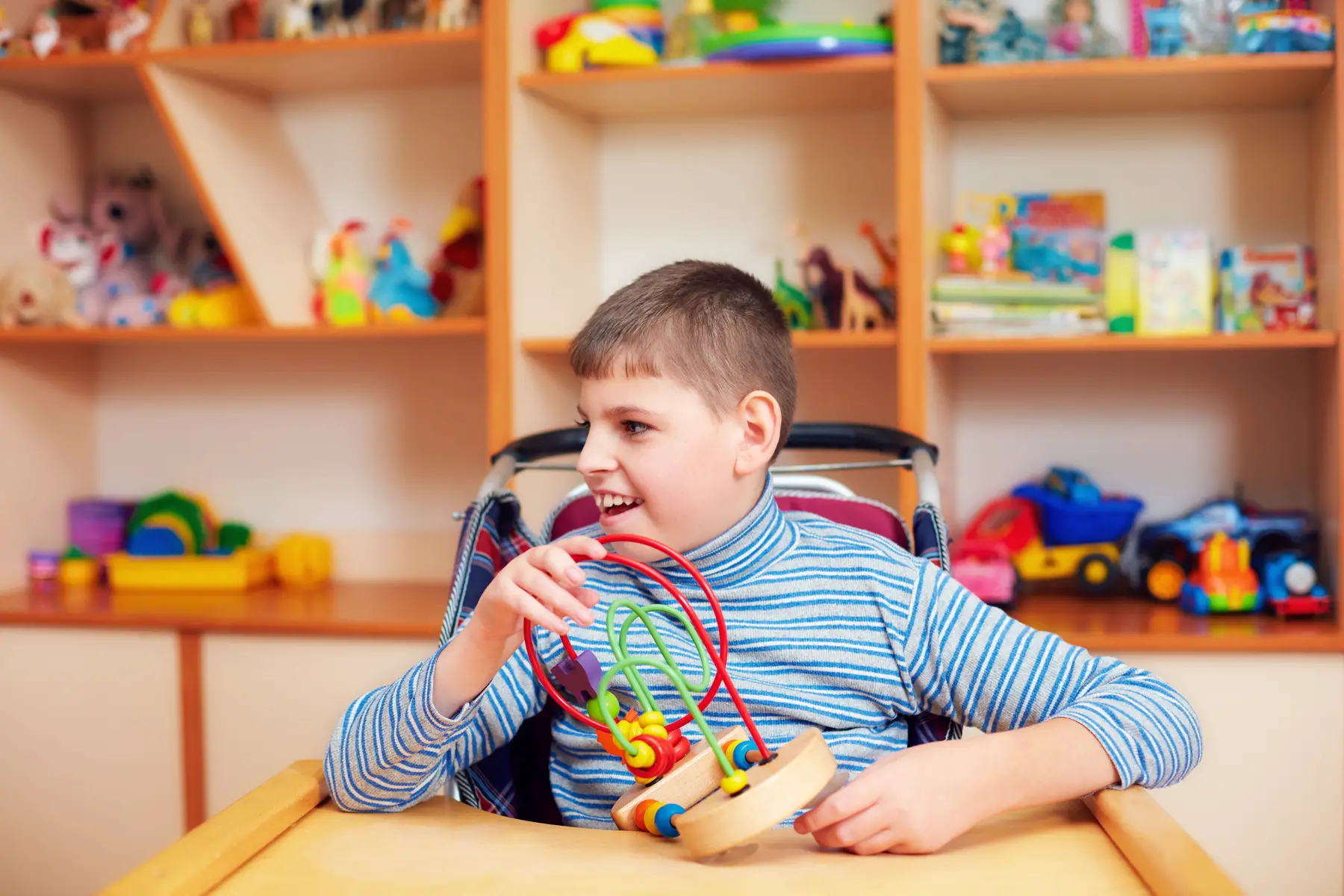
Children under the age of six can study at home or in a kindergarten with the help of a special education teacher. After that, they can attend their local primary school. At this point, they receive an Individual Educational Plan (IEP) which is adapted to their learning needs. For example, it can include specific learning tools or special conditions for exams. Children also receive a plan at the end of school to help them transition into adult life. However, if the plan and resources at the mainstream school are not sufficient to meet their needs, they could also consider a specialist school.
Special education schools are available in most big cities in Portugal. For instance, there are facilities for children who have hearing or visual impairments or developmental disabilities. Furthermore, specific organizations can provide additional support. For example, CADIn is a non-profit organization that helps families whose children have neurodevelopmental disorders.
Changing schools in Portugal
One requirement for applying to a public school is that it must be near your work or home. Still, children can change schools at any time during the year. Naturally, you need to justify this transfer, such as a change of address. Notably, many parents wait until the end of a cycle to ease the transition.
There is no cost involved when it comes to changing schools in Portugal. Parents can apply via the Portal das Matrículas if they have a Portuguese citizen card or directly with the school. However, you should contact the school board for private and international schools first.
Chances for parental involvement in schooling in Portugal
If you want to be more involved with your child’s school, you can join a Parent Teacher Association (PTA). These are known as Associação de Pais, and most schools have one. However, the meetings are mainly in Portuguese, which can be challenging if you are not fluent in the language. International schools also have similar groups, and some allow you to join the Board of Governors.
Homeschooling in Portugal
Although homeschooling is legal in Portugal, it is not a popular choice. In fact, only 568 students (in Portuguese) enrolled in homeschooling or individual teaching from 2019 to 2020. The difference between homeschooling and individual teaching is that a tutor (classed as individual teaching) teaches a child instead of a relative (classed as homeschooling).

Notably, recent reforms have made it more difficult to homeschool in Portugal. For instance, parents or legal tutors must have a university degree and live in the same house as the child. Children must also be registered at a public school and follow the national curriculum as external students. This includes sitting the annual exams, which are in Portuguese. For more information, you can visit the website of Movimento Educação Livre (MEL), which is one of the leading homeschool associations in Portugal.
Useful resources
- Direção-Geral da Educação (DGE) – the Ministry of Education, provides information about the school curriculum
- Eurydice – the European Commission, offers information about the Portuguese education system
- Alto Comissariado para as Migrações (ACM) – an organization that supports children from migrant families
- Associação Nacional de Apoio à Criança Especial (ANACE) – a non-profit association that helps children with special educational needs (SEN)
- Doutor Finanças (in Portuguese) – provides information on how to apply for financial school aid in Portugal
- Ericeira Living – answers frequently asked questions about homeschooling in Portugal
